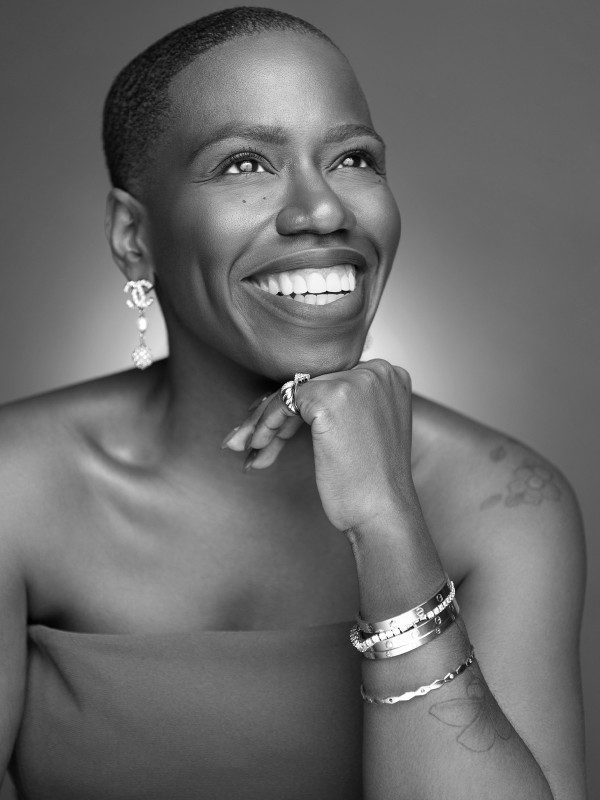When, How And Why You Should Draw Up A Will
Draw One Up
Once you acquire an asset, no matter how big or small, experts agree everyone over the age of 18 should consider preparing a will, to guarantee things are passed onto the people they choose. “Many young professionals are under the misconception that they don’t need a will or think they are too young, both of which are incorrect,” warns Amy Lane from law firm Thomson Snell & Passmore. “In addition to having a will, you should have Lasting Powers of Attorney in place, which gives the power to deal with your assets should you become incapable of doing so through accident or illness.” Jodie Wielgus from Ramsdens Solicitors adds: “In my experience, many people make wills when they buy a house, get married or have children but these are not the only situations when a will is an important document.”
Evaluate Your Entire Estate
Your estate is everything you own, from your personal possessions to your house, and all money held in bank accounts. “A will can also deal with any trusts that may be required, the appointment of guardians for minor children and any specific items you may wish to pass onto certain people such as jewellery,” adds Jodie. It’s important to also think about passing on any investments and shares, or personal ‘chattels’ such as art and furniture. There are only a few minor exceptions when assets don’t get passed on. “Assets which may not always be distributed include life insurance policies or private pensions – so it’s always useful to check with your provider as to whether these assets form part of your estate,” says Sarah Wintle from law firm Irwin Mitchell.
Don’t Try This At Home
Experts agree it’s easy to go wrong when drawing up a homemade will without taking professional advice. Doing it yourself might mean you forget to appoint executors and trustees, or have the document witnessed or signed incorrectly. “A will is a very important legal document and as such, anyone considering making a will or updating an existing one should take professional advice to ensure it is valid and suitable for their specific circumstances,” advises Jodie. DIY jobs might not cover situations which could develop in future either, and as time passes, existing clauses and provisions tend to lapse, warns Sarah.
Take The Right Advice
If your circumstances are complicated – think second marriage, vulnerable children, family estrangement, family issues or assets held abroad – a solicitor can help you make a more informed decision, explains Elizabeth Power at law firm Paris Smith. “You should see a solicitor who is experienced in drafting wills and ideally a member of STEP (the Society of Trust and Estate Practitioners) – a global professional association for practitioners who specialise in family inheritance and succession planning.” Beware of unqualified ‘will writers’ too, warns Amy, as they tend not to be appropriately insured. Finally, find a solicitor with private client experience, advises Jodie. If you can’t afford one, charitable schemes do run throughout the year where solicitors write wills for free and donate their fee.
Appoint An Executor You Trust
Anyone over the age of 18 with the right mental capacity can be an executor of your will – which means it’s their job to kick things into action after you’re gone. It doesn’t need to be a family member and can be someone who benefits from the will, too. But that doesn’t mean you shouldn’t think carefully about who to appoint. “You need to be satisfied the individuals you choose will carry out the role appropriately and ensure the wishes in your will are adhered to,” warns Elizabeth. “The role of executor can be an onerous one and you may want to consider asking those you would like to appoint before signing your will,” adds Amy.
Finally, it is possible for a professional person, such as a solicitor or accountant to be named as executor. Just be aware these executors charge a fee for acting in the role, so the complexity of your estate needs to justify their appointment. Generally speaking, it’s a good rule of thumb to appoint between one and four executors. “I would always advise my clients to name more than one executor or at least have a replacement ready in case the first one is incapable of acting for any reason,” recommends Jodie.
Acknowledge Intestacy Provisions
Not many people realise the government automatically writes a will for you. These are called the intestacy provisions, which specify how your estate passes if you die without anything in place. “This may not be to the people whom you would choose and may have adverse tax consequences,” warns Jodie, while Sarah cautions that the law doesn’t consider relationships with friends or even close acquaintances outside of the immediate family. “Even if you haven’t had a relationship with a family member for many years, they may still be entitled to a portion of your estate if you die without a valid will in place,” she warns.
Decide Whether To Tell Your Family
Because a will is a private document, it’s entirely your call whether you tell your family one exists. However, to ensure that there’s no confusion on your death, it might be worth letting someone you trust know where the original document is held. This can be especially important if specific funeral wishes are explained in the pages. Telling a few close family members where things are will also save them time when it comes to tracking down the right documents after you’re gone. “It also allows them to directly contact the right law firm holding the will,” adds Sarah.
Review The Will Regularly
Opinions differ on how often a will should be reviewed or updated, but experts agree it’s best to check it at least every five years, or sooner if there’s been a change in your circumstances. For example, it’s important to know that marriage revokes most existing wills, while the death of someone mentioned in a will or a change in your financial circumstances could also have significant bearing. It’s worth ensuring your will still makes the most of any available tax reliefs too. “Births, deaths, divorce and other lifetime events are all triggers for people to consider whether an update needs to be made to any current will they have in place,” says Sarah.
Understand What Happens When You’re Gone
After your death, a member of your family or an appointed executor will register it. Following that, the funeral is arranged, while the executors decide on the value of any remaining assets and deal with paying off any outstanding debt you may have. “The executors will probably need to apply for a Grant of Probate (a legal document which allows executors to sell or transfer any property held in your name) and then ensure your liabilities are paid and your assets distributed in accordance with the terms of your will,” explains Elizabeth. It’s common for executors to ask for a solicitor’s help when it comes to handling the estate, particularly if it’s complex or has trust and tax implications.
See It As An Act Of Reassurance
Because a will takes care of several things at once, its existence should allow the whole family to feel more secure. “It’s a useful vehicle for inheritance tax planning, protecting assets for vulnerable adults or children, protecting assets for the purposes of care funding and providing for guardians,” says Elizabeth. Ultimately, wills enshrine concrete plans and wishes across your entire estate, which stops friends and family raising uncomfortable questions or butting heads unnecessarily after you die.
DISCLAIMER: We endeavour to always credit the correct original source of every image we use. If you think a credit may be incorrect, please contact us at info@sheerluxe.com.




